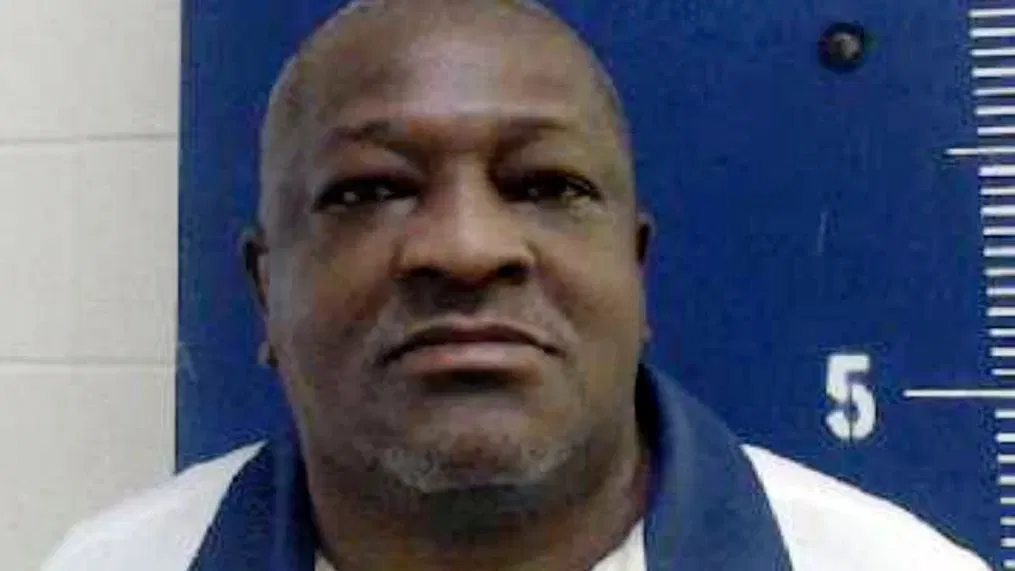On Wednesday, March 21, at 7 p.m., convicted murderer William James Pye was executed by means of lethal injection. This is the first execution in over four years in the state of Georgia.
Pye was 59 years old and had been incarcerated for the past 27 years, after being sentenced to three separate life sentences for the felony murder and aggravated sodomy of Alicia Lynn Yarbrough.
Uzi Wiggins is a courtroom deputy for a federal United States district judge, as well as a McIntosh Alumni. The final case to delay William Pye’s execution date was assigned to Wiggins court room.
PYE’S CRIME
In November 1992, Pye and Yarborough had been in and out of a relationship and at the point of the crime they were not together and Yarbrough was living with another man. The night of the murder, Pye and two other men, one of which being fifteen years old, planned to rob the man Yarbrough had been living with. When they arrived at the house, they found Yarbrough alone with her baby. They broke into the home, stole jewelry from Yarbrough and kidnapped her, leaving her baby home alone. They took Yarbrough to a hotel, took turns assaulting her and then brought her to a dirt road where they made her lay face down and shot her three times. She was 21-years-old.
Her body was found hours later, and all three men were arrested shortly. Pye and the other man denied knowing anything of the crime, but the 15-year-old boy confessed everything.
THE TRIAL
- June 6, 1996 – Pye was convicted of felony murder, kidnapping with bodily injury, malice murder, armed robbery, burglary, rape and aggravated sodomy. The very next day, the jury recommended a death sentence, in addition to his three life sentences and 20 consecutive sentences totaling in a 120 years. Court proceedings continued for the next 27 years.
- July 1996 – Pye ordered for a new trial.
- August 1997 – Pye’s order was denied.
- February 1998 – Filed for a direct appeal.
- May 1999 – Direct appeal was denied.
- February 2000 – Pye filed a state habeas petition.
- January 2012 – Habeas denied at state court.
- April 2013 – Georgia Supreme court denied Habeas appeal.
- July 2013 – Pye filed for a writ of habeas corpus.
- October 2023 – Appeal was denied by the supreme court.
All of the possible resources Pye could have used, were used. There was no way out of his execution.
What did the final days in court look like?

Q: What is your job description?
A: “My job description is that I am basically the manager of our chambers. I handle all of the criminal proceedings, docketing and any emails that come through I electronically file. I do a little bit of everything,” Wiggins said.
Q: What is the basis of these new court proceedings with Pye?
A: “There is a process that [Pye’s legal team] goes through once they’re on death row. They can do several things to try to get a new hearing or something changed. [Pye] had already done those things. He was trying to get himself into a particular set of inmates who were protected from being executed because they were unable to meet with their lawyers during [COVID-19] lockdown. They got together and said “Look, you can’t set them for execution because they haven’t gotten the benefits of meeting with they lawyers on a regular basis because of COVID.” They were not able to get him on that list,” Wiggins said.
Q: Was Pye in court?
A: “No, he wasn’t. Because he’s in state custody awaiting execution, we would’ve had to do what is called a Writ Across the Queendom to have him transported to the from [holding] to the courtroom, and that takes about 90 days. His council didn’t want him there,” Wiggins said.
Q: Do you believe that there are downsides to not having the client in court?
A: “In this particular scenario, possibly. But it didn’t really have anything to do with his sentence. It was just an argument about the law. I think it may have been confusing to have him there. Although, it would be hard to not have some compassion,” Wiggins said.
The execution
William Pye was executed on Wednesday, March 21 after 28 years of holding. This is the first execution to take place in Georgia since 2020. He was executed by means of lethal injection at the Georgia Department of Corrections. Pye’s lawyers hoped to delay the execution and put in a last minute appeal due to the fact that he did not have the opportunity to meet with his lawyers during lockdown, but it was quickly denied by the Georgia Supreme court. He had no final statement, his final words were not written down.



